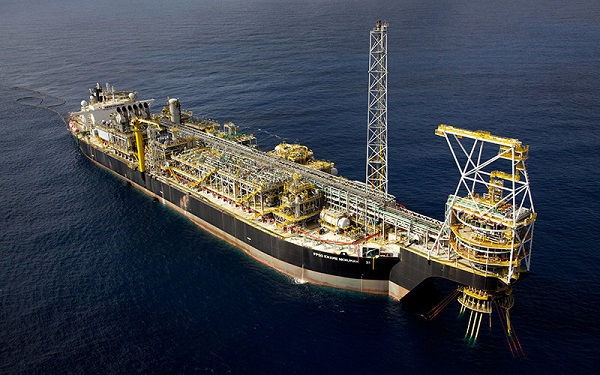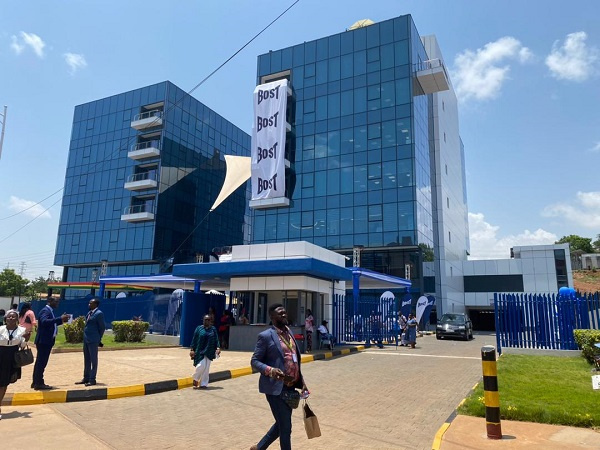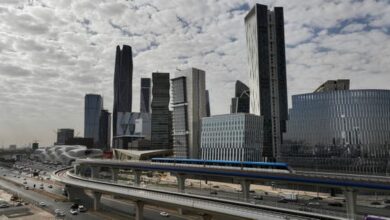Local communities resist massive land acquisition for petroleum hub project

The project, to be sited in the Jomoro area, according to the group, could lead to widespread displacement and ecological harm.
The Coalition of Concerned Nzema People (CCNP) and Help Foundation Africa, in a joint press briefing in Accra said that the project near the Akasa-Tano Forest Reserve could displace thousands of farmers and fisherfolk while risking irreversible damage to wetlands, coastal areas, and forest ecosystems.
Ndede Kojo Isaac, President of CCNP, emphasised that local communities were not opposed to development but were against the scale of the acquisition.
“Allocating 20,000 acres for this project will strip our people of their livelihoods, especially those dependent on farming and fishing. “
“Over 70,000 farmers and 240,000 residents, 80 per cent of whom are women and youth, rely on the fertile land for agriculture, including the renowned Nzema coconut industry,” he said.
The coalition demanded a reduction of the initial land allocation to 5,000–7,000 acres, with phased releases as the project progressed.
Ndede Kojo urged the government to recognise communal land as equity to secure long-term benefits for locals and implement a 35 per cent employment quota for Nzema youth in both artisanal and managerial roles.
He noted that despite the commencement of a Strategic Environmental Assessment (SEA), affected communities were not consulted, nor were the findings shared locally.
“Compulsory acquisition at meagre compensation rates risks depriving future generations of their land rights,” he added.
Kyei Kwadwo Yamoah, Executive Director of Help Foundation Africa, underscored the project’s environmental threats, particularly to the Akansa-Tano Forest Reserve and surrounding wetlands.
“These ecosystems are vital for biodiversity, climate resilience, and water regulation. Their degradation could disrupt local water systems and exacerbate food insecurity,” he explained.
“The reserve serves as a critical habitat for wildlife and a buffer against coastal erosion, while the wetlands support fish breeding grounds and agricultural activities,” he said.
The coalition has petitioned the Office of the President and engaged with the Minister of Lands and Natural Resources to seek alternatives.
Yamoah stressed their preference for dialogue over confrontation and urged a balance between national development goals and community rights.
First proposed under the previous administration, the petroleum hub aims to bolster Ghana’s energy sector.
However, stakeholders insist that development must not come at the cost of ecological integrity or communal livelihoods.
The groups vowed to continue advocacy efforts, demanding inclusive consultations and sustainable compromises before project commences.
Source: GNA





